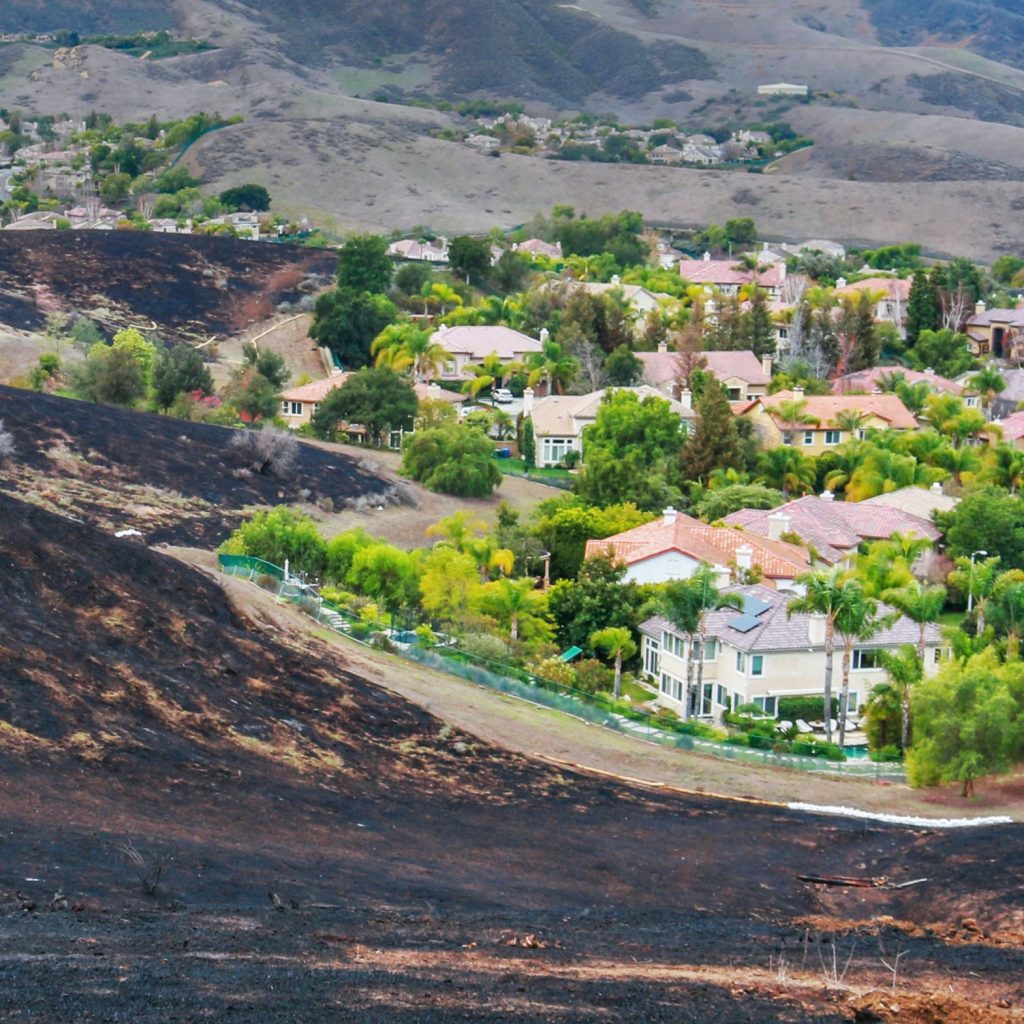
Combating Wildfires: Improving Defensible Space Data Collection
Nov 23, 2022This year Governor Gavin Newsom signed two bills, SB 896 and AB 211, to increase State and local government efforts to combat wildfires.
SB 896
SB 896 protects communities from future wildfires by incentivizing the creation of defensible space, and improving assessment data collection and reporting. SB 896 will amend existing defensible space laws by requiring:
- Any local government entity qualified to conduct defensible space assessments in very high and high fire hazard severity zones to use the common reporting platform to report the assessment to CAL FIRE;
- CAL FIRE to annually report all defensible space data compiled from the common reporting platform to the legislature; and
- The Department of Forestry and Fire Protection to give priority to any local government entity that uses the common reporting platform when reviewing applications for the local assistance grant program.
Local government entities qualified to conduct defensible space assessments, include the following entities that have completed the Department of Forestry and Fire Protection’s local assistance grant program for fire prevention and home hardening education activities: counties, state conservancies, special districts, and other political subdivisions of the state; members of the California Conservation Corps, the Board of Commissioners under California Volunteers described in Section 8411 of the Government Code, local conservation corps, resource conservation districts, fire safe councils, and Firewise USA organizations; University of California fire advisors; registered Professional Foresters; and other entities or individuals deemed appropriate by the Director of Forestry and Fire Protection.
An important method to minimize the risk that a home will ignite from a wildfire is the creation and maintenance of defensible space. Existing law requires property owners to maintain a defensible space of 100 feet between a structure and its surrounding grass, trees, shrubs, and/or any wildland area. (Government Code § 51182). This space is needed to slow or stop the spread of wildfire and protects a home from catching fire—either from embers, direct flame contact or radiant heat.
In a report last fall, the Legislative Analyst’s Office (LAO) emphasized the creation of defensible space around homes as a valuable tool to reduce destructive wildfires. However, the LAO report noted that there was a lack of consistent statewide data on defensible space compliance and inspections. As such, the LAO recommended improving data collection, and the sharing and quality of the collected data. The LAO also recommended that both state and local agencies report inspection data to a centralized system.
SB 896 responds to the agency’s recommendation for increased compliance and data collection, by requiring coordinated state and local data collection to improve defensible space research and guide future policy decisions.
AB 211
AB 211, amongst other things, expands the responsibility of local governments by requiring them to designate, by ordinance, certain areas as moderate and high fire hazard severity zones within 120 days of receiving a recommendation from the State Fire Marshal. Further, once the Fire Marshal has identified areas of a local jurisdiction as a moderate, high, or very high fire hazard severity zone, local governments are prohibited from decreasing the level of fire hazard severity zone as identified by the State Fire Marshal.
AB 211 also extends indefinitely the authority of the Director of Forestry and Fire Protection to provide grants to various entities for the implementation and administration of projects and programs to improve forest health and reduce greenhouse gas emissions.
Further, under existing law, prescribed fire, thinning, and fuel reduction projects, including the issuance of permits or other approvals for those projects, undertaken on federal lands to reduce the risk of high-severity wildfire, are exempt from the requirements of the California Environmental Quality Act (CEQA) until January 1, 2023. AB 211 extends the operation of this CEQA exemption to January 1, 2028, expands the exemption to include reforestation and habitat restoration projects, as well as related activities included in the project description, and expands the exemption to include projects undertaken in part on federal lands.
Lastly, the bill will allocate $30,000,000 from the General Fund, as provided, to the Department of Forestry and Fire Protection for projects and programs that support wildfire and forest resilience, as specified.


